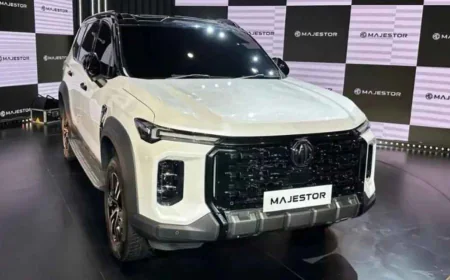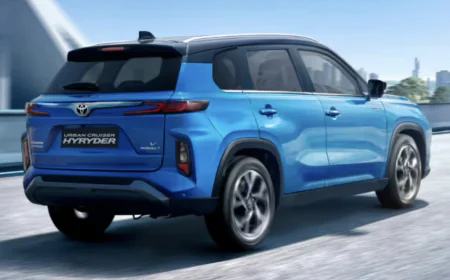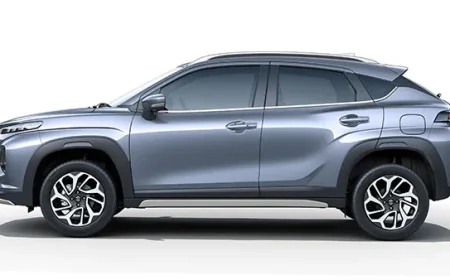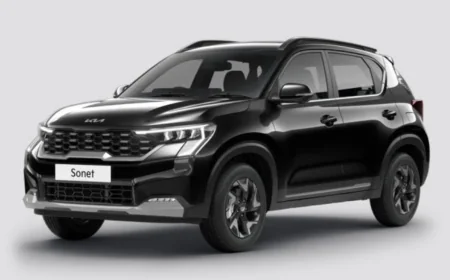Tesla backs out of ambitious plan, abandons next generation gigacasting manufacturing process
Tesla: Tesla has backed off from an ambitious plan to innovate on its cutting-edge manufacturing process, Gigacasting. As told by two sources familiar with the matter.

Tesla has backed away from an ambitious plan to innovate its pioneering manufacturing process, gigacasting. As told by two sources familiar with the matter. It's another sign that the electric-vehicle maker is retreating amid falling sales and increasing competition.
Tesla has led the way in the development of Gigacasting, a cutting-edge process that casts substantial portions of an automobile's underbody using enormous presses capable of applying thousands of tonnes of clamping pressure. On a typical vehicle, the underbody may contain hundreds of different parts.
Last year, as Tesla developed a new small vehicle platform, the goal was to get the underbody out in one piece. In September of last year, Reuters broke this story exclusively, citing five people with knowledge of the carmaker's gigacasting activities. The company's long-term objective was to reduce expenses and drastically simplify manufacturing.
Want to get your story featured as above? click here!
Want to get your story featured as above? click here!
But Tesla has since halted the effort. Instead it chose to continue its more successful method of casting the vehicle's underbody in three pieces. Two GigaCast front and rear sections and a middle section made of aluminum and steel frame to store the battery. As informed by two sources familiar with the matter. This is largely the same three-piece method the company has used for its last two new models, the Model Y crossover SUV and the Cybertruck pickup.
Tesla's withdrawal from one-piece gigacasting had never been reported before. The automaker did not respond to a request for comment.
The decision to halt a potential manufacturing breakthrough is another example of Tesla cutting short-term spending. As it aligns with falling sales and profit margins, weak EV demand globally and intensified competition from rival EV makers like China's BYD. Tesla laid off more than 10 percent of its global workforce last month. A handful of senior officials have also resigned or been ousted.
Such moves also reflect a fundamental strategy shift. In which Tesla is now focusing more on developing self-driving vehicles rather than pushing for a huge increase in EV sales volumes. On which many investors were counting.
The backlash over gigacasting took place last autumn, before Tesla decided in late February to halt the development of an all-new affordable car, often called the Model 2, sources said. This would have been the first vehicle he built with one-piece gigacasting. Reuters first reported the Model 2's cancellation on April 5.


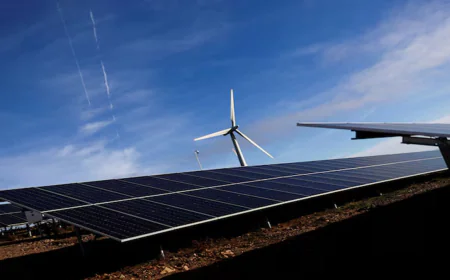
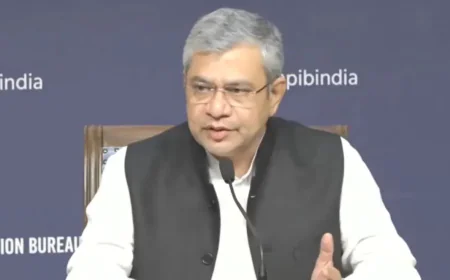










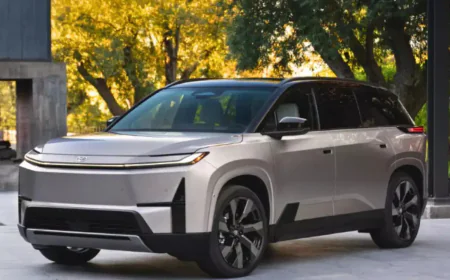
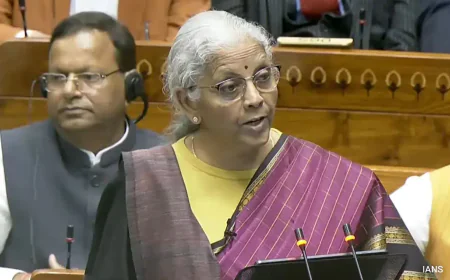

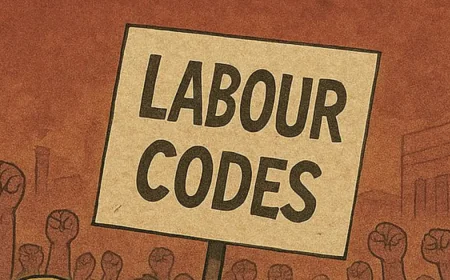

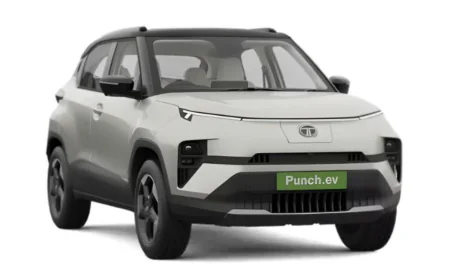

.jpg)












































